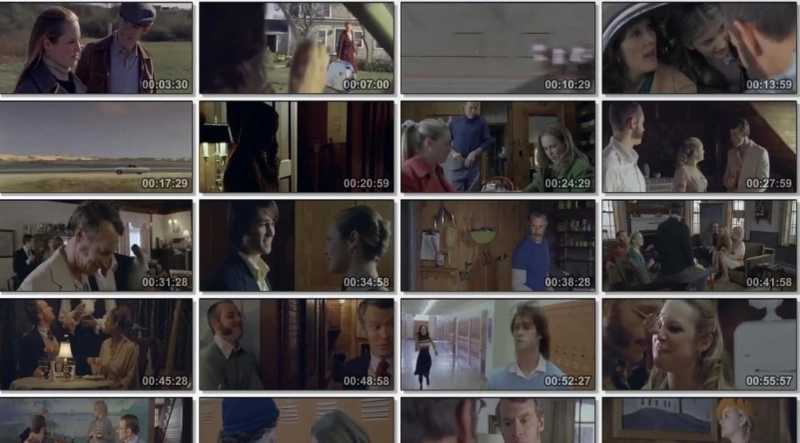It is indeed a rare occurrence when two worlds meet. That's what I thought when I saw Gwen Wynne's 2009 film Wild About Harry, which I recently had the opportunity to watch. You can check themoviesflix and search for your favorite movies of all time. Go and explore the ocean of entertainment on the website.
Love is carefully used to resolve the situation
Unconventional situations or what conservatives call "safe" situations rarely happen in family movies. In the story of Wild about Harry, the answer to overcoming small difficulties is "love." And while the film's plot takes the path of exaggerated innocence, the element of unconditional love is carefully used to resolve the situation. And it works. Like few family films, this one is dedicated to an honest portrayal of the characters.
A charming story about a family
Wild about Harry is a charming story about a family that moves to Cape Cod and starts over. The father is accompanied by his two teenage daughters. The mother has died and the three live with a friend of the father. Life on Cape Cod is very different.
Things get even stranger
The oldest daughter does not feel comfortable joining the group. One night when she goes out, things get even stranger. She sees her father at a party with his new friends. And they are too close to each other. Madeline has just found out the truth about her father. Harry falls in love with another man and decides to take her home with him. Madeline and Daisy aren't ready, but that's not the only problem in their story: this is the 1970s, in a small town.
Entirely from Madeline's point of view
This setting lends itself to drama. Exaggerated drama. But Wild Harry is not an exaggeration. The film is told almost entirely from Madeline's point of view, which adds a bit of "growth" to the story (this part works especially well thanks to Daniel Savret's excellent performance.) The playing out of a teenage romance is awkward from the start, but when Madeline sees her father finding love in a less bizarre way after she sees her father finding love, she changes direction. This throws her off balance and becomes the center of her actions.
Practical implications of Harry's skills test
And it's no accident. The film is based on Wayne's own teenage years, and while some parts are left to fiction, much of what we see is based on real events. The second half of Wild about Harry, therefore, focuses primarily on the practical implications of Harry's skills test. The grandparents establish a new familial relationship with their daughters but react almost violently when they learn that the men are having an affair.
Topics that are usually incompatible
The theater of Harry's conversion may seem old-fashioned, but let's remember what happened in 2021 when the Supreme Court recognized the Catholic Church as an important factor in adoption issues. "Wild about Harry" makes it relevant in so little time, and that's to the film's benefit. This is a film that should be discussed within the family. These two topics are usually incompatible. That's because not everyone thinks such a story is worth telling.
Conclusion
"Wild About Harry" is a natural film. It allows every scene, every character (Tate Donovan plays Harry very movingly), every truth told to flow. There's nothing unpleasant here until someone decides that Harry's tastes aren't worthy of a loving and caring father. Then the questions arise and "Wild About Harry" turns from naive to funny.


